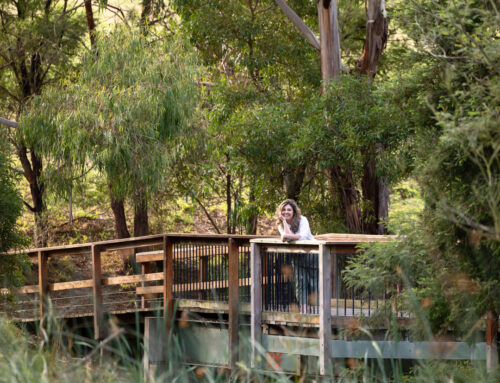THE EMOTIONAL SELF
In my last blog, I introduced you to The Emotional Self. It refers to the less evolved aspects of ourselves, otherwise known as the ‘monkey mind’ or ‘reptilian brain’.
When we gain awareness of The Emotional Self we attain a heightened understanding of our emotional triggers and are able to grow as a result. We aim to attain an emotionally balanced position. One in which we neither suppress or are governed by our emotions.
Ask yourself, “Who would I be without my extreme emotions ruling my sense of self and my decision-making abilities?”
A gentle reminder that as we embark upon self-enquiry, please be sure to meditate, breathe and bring yourself into the space of the heart.
If you are new to meditation or my practice, I invite you to join our Facebook group, Playing Bigger Playing Beautiful and familiarise yourself with my philosophies and coaching style. Once your join request is approved, you will be greeted with a meditation to get you started. Click here to access it.
Tuning into The Emotional Self is essential for those who wish to attain peace and constancy. It enables us to utilise our values, and greater sense of purpose, as our navigation system. It enables us to “get off the rollercoaster”; to carve a clear and steady path through emotional turbulence.
Are you able to differentiate between what your head (rational brain), heart (emotional brain) or gut (intuitive brain) are telling you? And can you use this information to connect with your spirituality, make wise decisions, learn from the past, avoid unhealthy patterning, and even use that wisdom to grow your business?
Our self-enquiry exercise, delves into The Emotional Self. We will examine our response to the overarching notions arising in situations when we are emotionally triggered, experience professional or personal setbacks or have critical decisions to make.
As is so often the case, our goal is to attain balance. Suppressing our emotions is an unsustainable and unhealthy practice. We wish to experience our emotions without being capsized by them. Achieving balance in The Emotional Self allows us to keep a window of self-awareness open in times of emotional intensity. It is through this window that we observe the bigger picture and maintain our perspective.
For example, if you experience a professional setback, are you able to allow yourself space for disappointment before reconnecting with your values, goals, and greater
purpose? Are you able to regroup, adapt to a new situation or challenges, and keep moving forward? Or do you become overwhelmed to the point of stasis?
Levels of Understanding
If you are familiar with my work, and in particular with my model of emotional self-inquiry The 6 Selves™, you will know that there are three levels of understanding that inform connections to the self and how it manifests:
Level 1 – Intellect (Mind) – How we comprehend and make sense of the world around us
Level 2 – Emotion (Body) – How we physically feel the experience
Level 3 – Energetic (Spirit) – How we connect in to something greater than ourselves
The Emotional Self – Mind
In this post, we are looking at the Emotion (Body) and how this connects to The Emotional Self. Please take some time to ask yourself the following prompting questions. They are repetitive in nature but this is by design. It is through this repetition that we can ignite deeper personal inquiry.
- How does my body feel when I become emotionally triggered?
- How does my body feel when I consciously choose to respond rather than react?
- How does my body feel when I consider my ability to make small decisions?
- How does my body feel when I consider my ability to make big decisions?
- If I notice I have made a mistake, or have taken a seemingly wrong turn in life, how does my body contribute to my remaining in a stuck state of being?
- If I notice I have made a mistake, or have taken a seemingly wrong turn in life, how does my body contribute to helping me move forward in life and business?
- How does my body feel when I witness someone around me being reactive?
- How does my body feel when I witness someone around me being responsive?
This practice of self-enquiry is a ritual enabling us to step away from the challenges of life and reflect. It is in this way that we are able to gently break the cycle of unhelpful patterns and establish new, more beneficial, practices.
My next post will further explore The Emotional Self with a special focus on how it connects to the Energetic (Spirit) at a level three understanding. I look forward to sharing it with you.
Big Love,
Deb x
For more information on how to work with me to go deeper into the benefits of The 6 Selves™ and the outcomes you can achieve when you focus intentionally on these areas visit https://debbiezita.com/coaching/









Leave A Comment